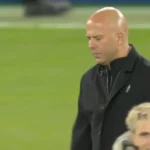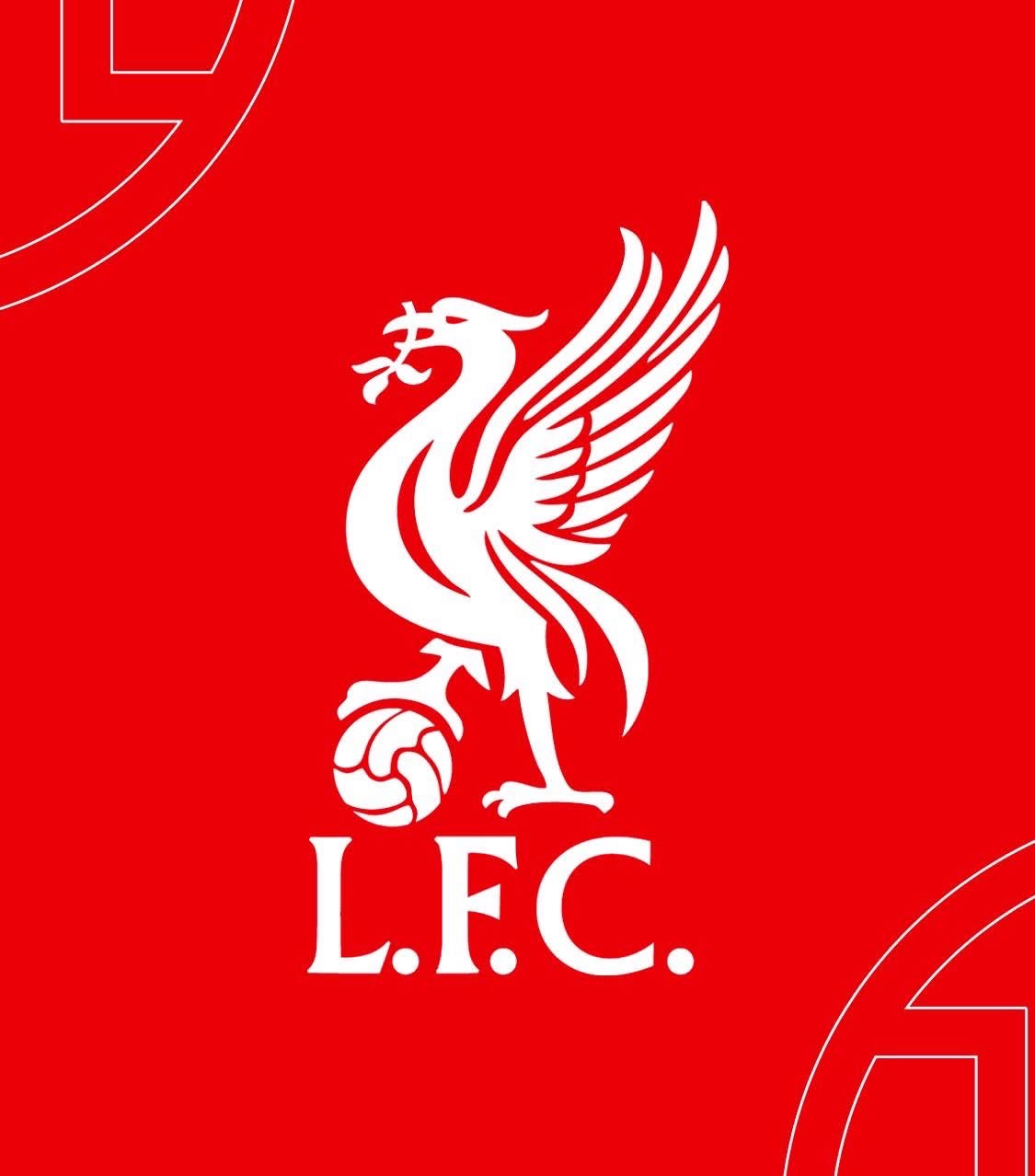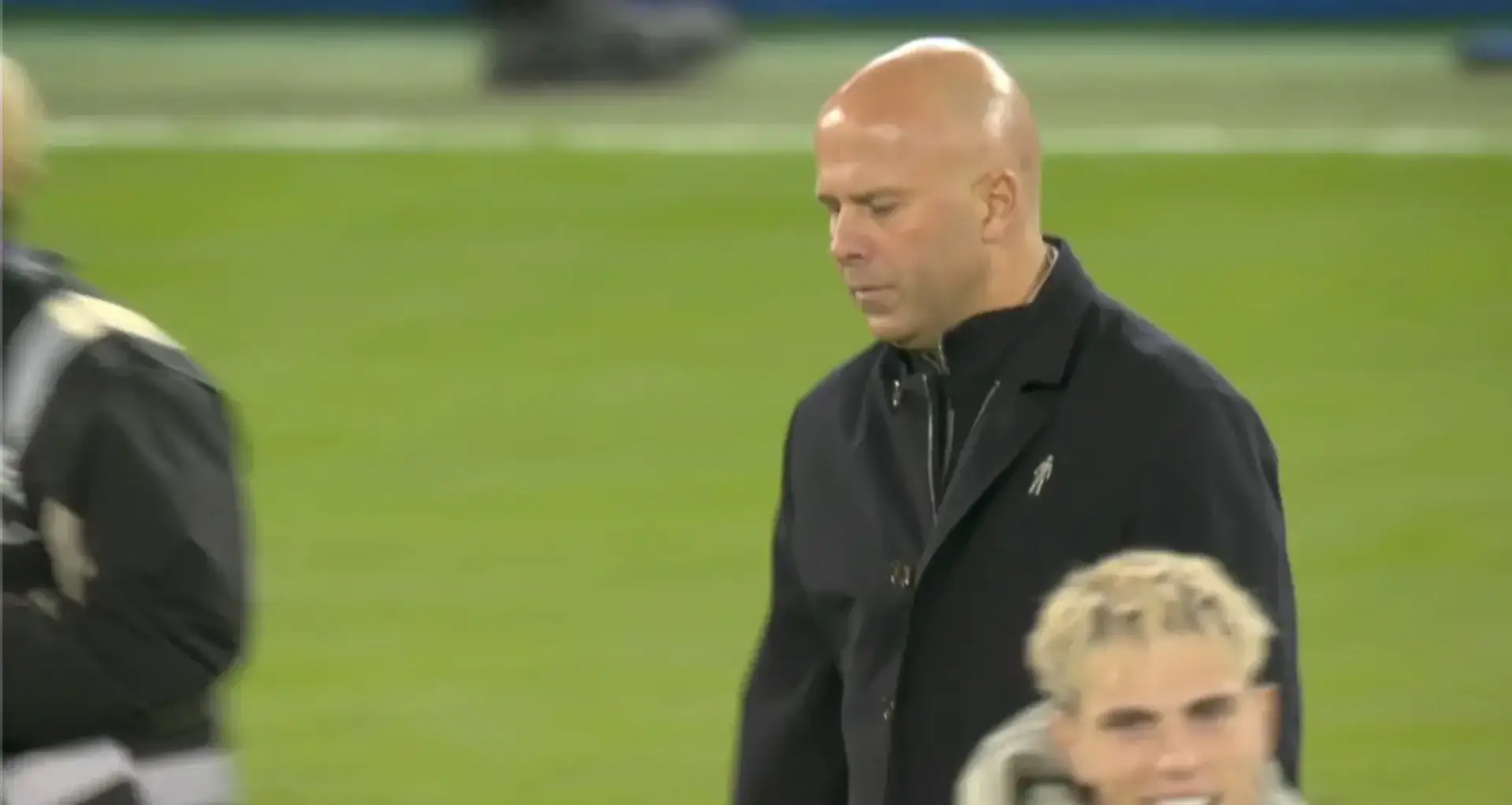In the whirlwind world of football news, stories often emerge that generate massive attention before anyone checks whether they’re true. The latest headline to swirl around Manchester United’s Harry Maguire was one claiming that the defender “snubbed an Awards Night” and allegedly declared, “we have no room for wokeness.”
At first glance, the story seems designed to grab attention. It ties together a recognisable name, a hot-button cultural phrase, and a sense of controversy that fuels debate on social media. But here’s the problem: there’s no evidence Maguire ever said those words, nor is there proof he skipped any awards ceremony in protest. Reliable outlets such as BBC Sport, Sky Sports, ESPN, or The Athletic have not reported anything remotely close to it.
So where did this come from, and why do such stories gain traction?
The Anatomy of a Viral Rumour
Football is not just about results on the pitch anymore; it’s about narratives. Players are as much public figures as they are athletes, and that means they’re regularly caught up in culture-war storylines.
Harry Maguire, in particular, is no stranger to the spotlight. Ever since losing the captaincy at United and finding himself under regular criticism for his form, he has been a magnet for exaggerated headlines. Some paint him as the club’s weak link; others as an unfairly scapegoated warrior who continues to give his all.
When you combine that polarising reputation with a provocative phrase like “wokeness,” you create a story that social media feeds on. Even if it isn’t true, it’s shareable, it’s emotional, and it spreads like wildfire.
What Maguire Actually Said Recently
Instead of fuelling culture-war narratives, Maguire has largely focused on football matters in his public statements. For example:
- He has emphasised the need for the team to stop making excuses after defeats and to focus on accountability.
- After scoring a crucial Champions League goal, he expressed pride in proving himself despite heavy criticism and limited playing time.
- He has spoken about the importance of staying mentally strong and ready, even when not first choice in the starting XI.
None of these comments align with the claim about “wokeness.” His tone has been one of resilience, professionalism, and determination to contribute whenever called upon.
Why This Matters for Manchester United
For Manchester United, image management is almost as important as performance on the pitch. The club’s global fan base spans different cultures, ideologies, and political views. A player being falsely linked with a divisive remark risks sparking unnecessary controversy and distracting from what truly matters: football.
Rúben Amorim, United’s new manager, has been vocal about rebuilding not just the tactical setup but also the atmosphere within the squad. That requires focus, unity, and trust. Having to constantly fight off false rumours undermines that progress.
The Wider Problem of “Fake Quotes” in Football
Maguire is far from the first footballer to have words falsely attributed to him. In recent years, viral posts have claimed:
- Cristiano Ronaldo called certain teammates “lazy” — never happened.
- Lionel Messi allegedly criticised Paris Saint-Germain fans in blunt terms — later proven fake.
- Marcus Rashford was rumoured to have skipped training over “political commitments” — again, untrue.
These fake quotes usually begin on unverified social media accounts, then get amplified by fans and meme pages looking for engagement. By the time the truth surfaces, the damage is already done. Millions have read and reacted to the fake version.
Maguire’s Real Journey: From Scapegoat to Survivor
Rather than debating fabricated controversies, it’s worth remembering the real story of Harry Maguire. Once the most expensive defender in world football, he endured an extremely difficult period of form where errors were magnified and confidence appeared shot. Losing the United captaincy under Erik ten Hag felt like the final blow to his Old Trafford career.
Yet Maguire didn’t walk away. Instead, he stayed, fought for his place, and worked to regain trust. Last season, when defensive injuries piled up, he stepped back into the lineup and delivered some steady performances. He also remained a committed England international, regularly called up by Gareth Southgate and trusted to perform on the biggest stage.
That resilience says more about Maguire’s character than any manufactured rumour ever could.
Fans’ Role in Shaping Narratives
One important takeaway from this saga is the role fans play in spreading (or stopping) misinformation. When supporters see a headline, it’s tempting to share it without checking sources. But pausing to ask, “Who reported this?” or “Is this from a credible outlet?” can make all the difference.
Manchester United fans in particular should be cautious. With the club under constant scrutiny, fake news thrives in the chaos. Protecting players from unfair narratives doesn’t mean ignoring their flaws on the pitch — it means sticking to facts and holding them accountable for real performances, not imagined controversies.
Final Thoughts
The claim that Harry Maguire snubbed an Awards Night and declared “we have no room for wokeness” is false. It has no basis in fact and appears to be part of a wider trend of viral fake quotes that fuel division and draw attention away from football.
The truth is far less dramatic but much more meaningful: Maguire remains a determined professional, battling to stay relevant at Manchester United and in the England setup. His real story is one of resilience in the face of constant criticism, not culture-war soundbites.






